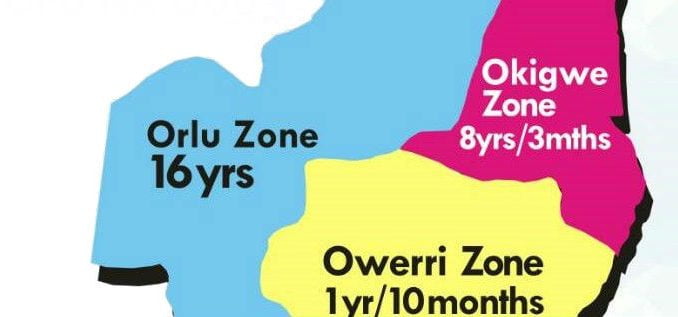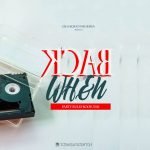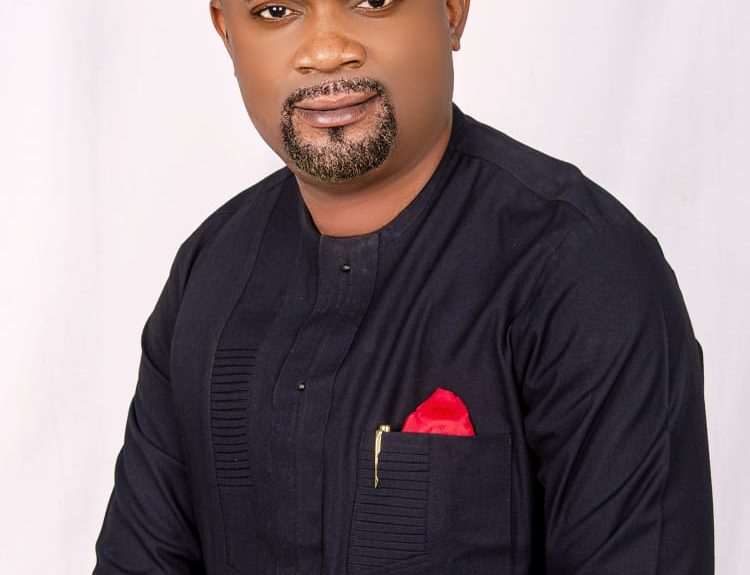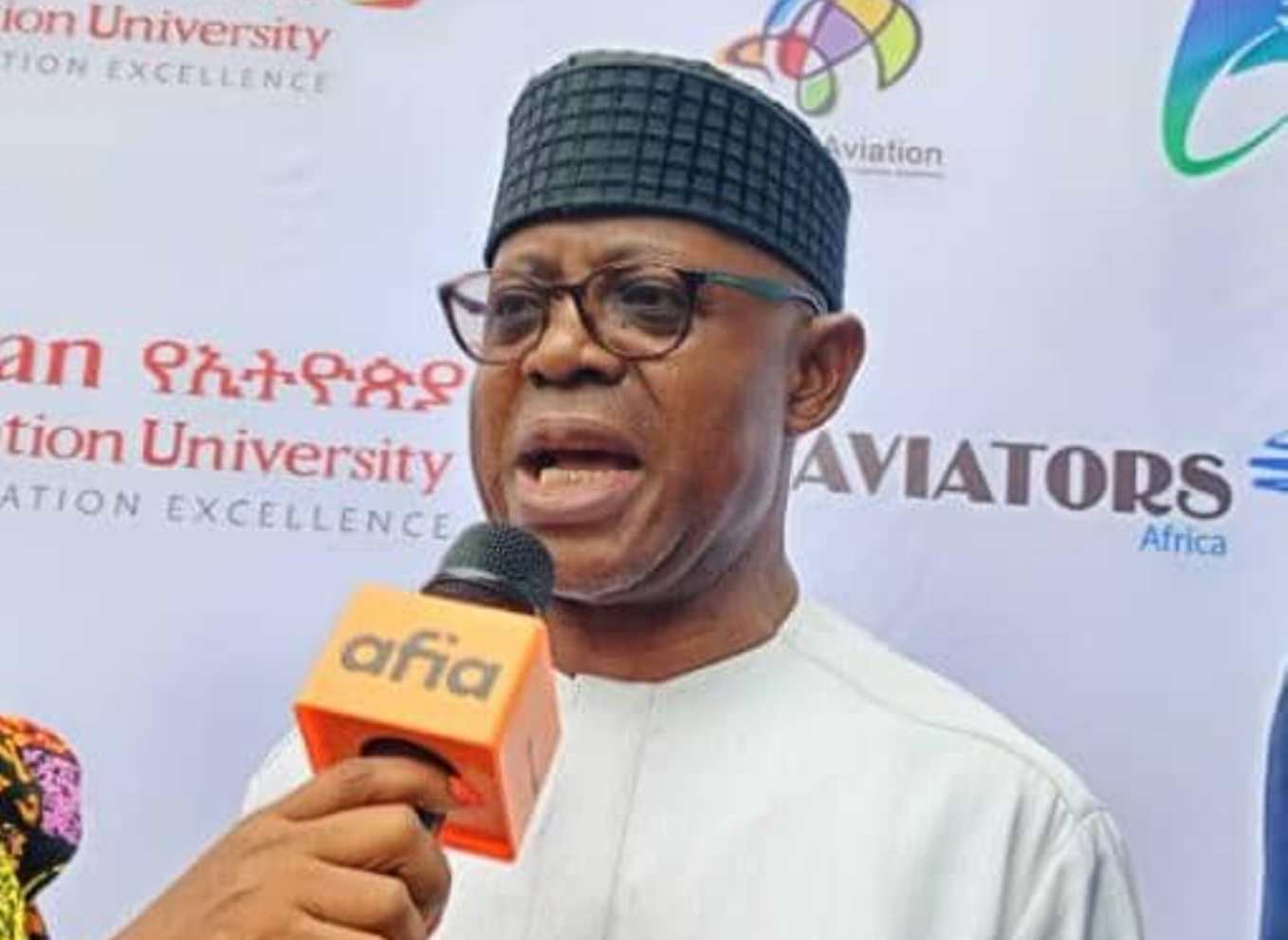Orlu zone (Imo West, SD/047/IM) is the most populous zone in Imo State, populous in landmass, in electorates, in natural and human resources, and in dynamic unity. As we all know, Orlu Zone is made up of 12 LGAs, with approximately 130 Wards and numerous polling Units. It has also the highest number of citizens occupying the central positions of leadership in the State, and has very great impact on the booming populations of Owerri Zone (Imo East, SD/046/IM).
Though it could be rightly argued that the demographic demarcations of the three senatorial zones in the State were not equitably done, considering geographical affinity and cultural semblance, the deed has been done and irreversible perhaps. It is for this reason that Okigwe zone has only 6 LGAs and lesser number of wards, while Owerri zone has 9 LGAs and high number of wards, while Orlu zone tends to dominate in all.
Of a truth, Owerri zone has today the highest number of registered voters in the State, but if every Orlu zone citizens should be compelled to leave Owerri and return home to register for vote in their constituencies, Owerri zone will experience drastic fall in its population. This truth is practically lived regularly by politicians from Orlu zone who as inhabitants of Owerri land; join the land owners to play their politics, but return home to play their unifying dynamic politics of the zone.
This familiarity with the nitty-gritty of Owerri zone politics has made Orlu zonal politicians and elites to be versatile in the real stuff that the State needs, and these have made the zone since 1999 to be at the central and dominating part of the leadership of the State at all levels. But these are possible only with the friendly and hospitable environment of Owerri zone.
Orlu Zone has played crucial roles in the State leadership and politics, to the extent that it has virtually turned a conditio sine qua non in the State politics. As such, since the resumption of democracy in 1979 (shortly after the creation of Imo State in 1976), the Okigwe Zone (Imo North, SD/048/IM) has produced Governors that ruled Imo State from October 1, 1979 to December 31, 1983 (4 years, and 3 months into the Second Tenure) under Dr Samuel Onunaka Mbakwe (of Avutu, Obowo LGA), and from May 29, 2007 to May 29, 2011 (4 years) under Chief Ikedi Godson Ohakim (of Okohia, Isiala Mbano LGA), all making it 8 years and 3 months for Okigwe zone. It has also produced a Deputy Governor who stayed for 8 years (Chief Ebere Udeagu, 1999-2007).
On the other hand, Orlu zone (Imo West, SD/047/IM) has produced Dr Douglas Acholonu (1992-1993) as Deputy Governor of Imo State at the singular time Owerri Zone produced the State Governor. And thereafter, Orlu zone has produced Governors that ruled the State from May 29, 1999 to May 29, 2007 (8 years) under Chief Achike Udenwa (of Amaifeke, Orlu LGA), and from May 29, 2011 to May 29, 2019 (8 years) under Owelle Rochas Anayo Ethelbert Okorocha (of Okpoko, Ideato South LGA).
Owerri zone (Imo East, SD/046/IM) has on the contrary produced a Governor that ruled Imo State from January 2, 1992 to November 17, 1993 (22 months and 2 weeks) under Barr Evan Enwerem (of Atta, Ikeduru LGA). Ever since then, Owerri zone has bred the best class of politicians in the State, but has not been allowed in the equity charter of the State to rule Imo, by either its previous frontline.
Among other possible reasons that could be attributed to the success of Orlu zone in climbing and succeeding easily in the leadership ladder of the State, the populous nature, quality of elites, dynamic unity that ensures the achievement of one goal by the politicians and leaders of the Zone, the emergence of elitist socio-cultural groups such as OPOCA, Orluzurumee, Orlu Elders Council, etc., unlike the calibres in other zones have distinguished themselves in excellent leadership of the zone. This has made the elitist groups conditio sine qua non in Imo politics and thus compels inevitable consultation of whoever wills to win in the State. But, we have to order this elitism in accommodating manners.
The above leadership data shows that since the return of contemporary democracy in Imo State in 1999, Orlu Zone has dominated the 20 years of leadership with 16 years, which is 75% of the total stay on the seat. This domination indeed faults and utters the charter of equity in the State, upon which premise Chief Achike Udenwa (the first Imo Governor from Orlu zone) emerged. Though the charter was not thwarted then as it faithfully transited to the next zone by the chart- Okigwe (with Chief Ikedi Ohakim), which lost it to an up-coming Orlu zone contestant- Owelle Rochas Okorocha in 2011. The entrance of Rochas in 2011 thwarted the equity charter, which was hoped to be corrected in 2015, but of no avail.
This equity charter is unconstitutional but a gentleman’s in-house agreement between the three senatorial zones of the State. Of a truth, Owerri zone should be accorded the backing to produce the incoming Governor of the State given the balkanisation of the equity charter and to correct it. The inability of Owerri Zone’s aspirants and candidates to clinch their parties tickets and win the gubernatorial elections in the State since 2003, remains a big issue that needs to be treated urgently by the Zone and indeed by all equity-loving Imolites.
On this backdrop, one is poised to ask: What impends Owerri zone’s aspirants from clinching the State leadership since 16 years past, which has witnessed constant massive outing of Owerri Zone politicians? Why has Orlu zone found it such a smooth sail to clinch the ticket of the apex parties and win the elections? Could it be alluded to the demographic composition of the Zone, which places it with extra advantage than others? Could it be that the politicians from Orlu zone are more unified and consistent in their political goals or that they are egoistic and thus exhibit insensitivity to the implications of thwarting the equity charter? Could it be that after being with Owerri zone as sojourning dwellers, the Orlu zone politicians return home to plot antidotes to their politics? Could it be that Owerri zone politicians lack dynamic unity and oneness of purpose and its pursuit, to the extent that Orlu zone takes advantages of the above to outwit them?
The doubts above are endless, and in all these Orlu zone has never gone unconstitutional in its dominating roles in Imo politics. Nonetheless, there are other remarkable features of Orlu zone in Imo politics such as: The strength, unity and oneness of purpose of its politicians and elites. The Orluzurume has virtually replaced the almighty Owerri Federal Constituency Forum, and the Orlu Elders Council has also grown in strength to reinforce the position of the zone in Imo politics. These have strong impacts on the fewness of aspirants from Orlu zone politicians that rush to apex parties to easily grab the tickets, while the other zones that feature multiple aspirants end up in intra party fracas.
What happened in last year’s party primaries of the apex parties in the State tends to give proof to the last doubt. Owerri zone aspirants marshalled out in multiple numbers, perhaps lacked the dynamic unity and focus, and thus had candidates from Orlu and Okigwe zones who were fewer, grab their parties tickets- APC, APGA, AA, AP, etc. The political tones of the forthcoming political dispensation have certainly brought this thought about the place of Orlu zone in the political dynamics of Imo State. How APC and APGA aspirants lost to those outside Owerri zone is a big proof to this claim. The milliards of aspirants that came out all lost out to aspirants from Orlu and Okigwe zones, despite their early emergence as aspirants in the parties, and the holders of the parties’ tickets were but new entries to the parties. The emergence of Senator Hope Uzodinma as the ticket bearer of the APC and the fight that later ended as duel between Gov Okorocha/Uche Nwosu of Orlu zone and Senator Hope Uzodinma of Orlu zone shows how Orlu zone holds the politics of the State. This shows the strength of Orlu zone and its place in the State’s politics.
There is no gainsaying that the equity charter in the State has been destroyed. The trivialisation of the Imo charter of equity is an aberration of the gentleman’s justice and openness to accommodative power-shifts, which the early political fathers of the State inaugurated. It began with an Orlu zone man, was thwarted by Orlu zone, and this thwarting has been perpetuated and sustained by Orlu zone politicians, and thus can only be corrected by the Orlu zone. This necessitates the spirit of consideration, without which the principles of equity in power-shifts will remain a reverie or daydream in the State for Owerri zone, as the Igbos suffer today in the country.
For most social analysts, the problem with the above is that just like the shatter of the equity charter for power-shifts in the State, nothing in this world is permanent, no condition is stable. The cry of marginalisation of Owerri zone today may later turn like the pre and post-Independent conditions of Igbos in Nigeria. How fare Ndigbo in Nigerian politics today? According to great Igbo historians, ABC Onwubiko and Okwudiba Nnoli, Igbos dominated the Nigerian politics from 1952 till 1966, and were intimidatingly dominating all spheres of social life and administration in Nigeria, even at the doorsteps of the Hausa/Fulanis and at the home towns of the Yorubas.
But as nothing good comes easy, no earthly good and condition lasts forever. Igbos saw themselves then as Lords of the Flies. Today, after the civil war, where are we? Same thing may be applicable to the state of Owerri zone versus Orlu/Okigwe zones, and Orlu zone in particular. One day it could turn that like Igbos in Nigerian politics, Orlu zone will be subjected in Imo politics, and will cry marginalisation and thus recount tales of woes. Now we have the cure to this certain future disaster, either in this forthcoming dispensation or after four years, let us help draw the matter decisively closed. Let equity reign, despite Owerri zone’s sale out and disunited fronts. The solution is the equity charter, which remains a reference material for justice in power-shift and rotation in the State. Imo cannot and will never be better without equity and fairness; they are features of progress and positive societal advancement, and Orlu zone has great roles to play in it.
How fair is it that in 20 years of contemporary democracy in the State, Orlu senatorial zone has ruled for 16 years, and is determined to continue, Okigwe zone has ruled for 8 years and is determined to rule for another 4 or 8 years, while Owerri zone has not ruled for one year and is asked to be contented with the State’s infrastructures at its premises?
This is unfair, but of a truth there is no politician from Orlu zone who ruled the State without being voted by the electorates. This reality is a great remark on the place of Orlu zone in Imo politics, because power is not given but taken, and to take over power shows strength, capacity and fitness. Consequently, since politics is a game of number and election a contest won by the most popular, it shows also that from Orlu zone Imo State has got the above calibres of politicians. Thus, as the charter of equity is a gentleman’s agreement, it is nonetheless not unconstitutional or politically immoral for the worthiest, the most capable and the fittest candidate coming up from Orlu zone to win and win elections in the State. Instead of a weakling or rogue to rule Imo State from outside Orlu zone, we would rather prefer Orlu zone ruling again.
Standing on the preceding premises, I make bold to say that though we advocate equity in Imo State in the forthcoming dispensation, and as such wish and advocate an Owerri zone candidate to win the 2019 gubernatorial election, we nonetheless say no to the emergence of a rogue or incompetent hand from Owerri or Okigwe zone to rule Imo State. And as such, if among the gubernatorial candidates for the March 2 general elections, there is a good, honest and deliverable candidate from Orlu zone and others (especially Owerri zone has not such quality), who can give Imolites their heart desires and will not plunge the State into the cesspit it has been for 8 years now, in fact, the Orlu candidate is my choice-candidate since the State deserves the best come 2019.
However, our desire is for the equity charter to be restored in the State. By equity, one understands like the Ijebu-Ode born Pastor Sunday Adelaja, “the quality of citizens of a given society to relate to each other in fairness and impartiality.” The definiends above have quality, relationship, fairness and impartiality as central in the definition. Fairness is the quality of being fair or just, while impartiality is the quality of not being biased and not favouring one person or side, more than another. In all, equity is a relational disposition in interhuman domain that ought to follow expected quality of evenness. The implication and application of these concepts are lacking in Imo politics, wherein like Rick Riordan, the present day politicians in Imo State conceive fairness not to mean ‘everyone gets the same,’ but that ‘everyone gets what they need.’
Equity and fairness in shifts on political leadership of the Executive arm of government is lacking in Imo State, and has debased quality. Imo State has an outstanding equity charter, where power is rotated among the three component senatorial districts, ensuring the provenance of the Governor, Deputy Governor, and Speaker of the House Assembly from each of the districts and in interchanging manner amongst Okigwe, Orlu and Owerri senatorial zones. This shattered charter of equity can only be restored by the Owerri zone. Thus, in our greatness and mighty, let us not only know our recent place in Imo politics, but to add morality in politics in order to keep worthwhile the masses constant yearn and supports to Orlu zone politicians.






2 Comments